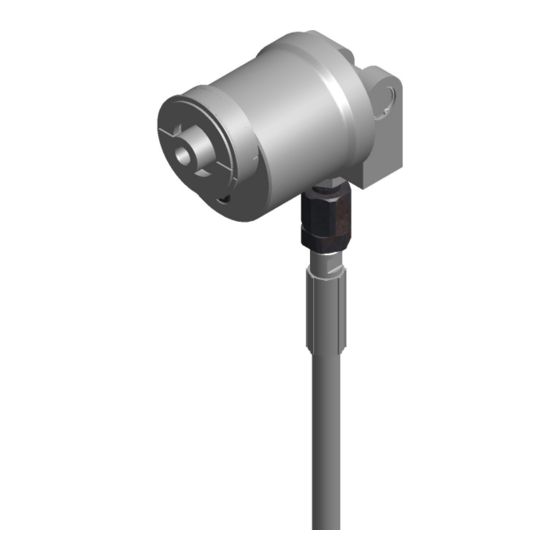Gage Bilt GB574 Оригінальна інструкція з експлуатації - Сторінка 12
Переглянути онлайн або завантажити pdf Оригінальна інструкція з експлуатації для Інструменти Gage Bilt GB574. Gage Bilt GB574 16 сторінок. Installation tool

WARNING:
Only qualified and trained personnel shall perform overhaul.
WARNING:
Personnel must read and understand all warnings and cautions.
WARNING:
Tool must be maintained in a safe working condition at all times and examined on a daily basis for damage or
wear. Any repair must be done by qualified personnel trained on Gage Bilt procedures.
WARNING:
Disconnect tool from its power source before performing overhaul. Severe personal injury may occur if power
source is not disconnected.
WARNING:
Excessive contact with hydraulic oil and lubricants must be avoided (See safety data sheet documents for all
applicable materials).
WARNING:
When operating, repairing or overhauling tool, wear approved eye protection. Do not look in front of tool or rear
of tool when installing fastener.
WARNING:
Use only Gage Bilt hydraulic hoses and couplings, or equivalent, rated for 10,000 psi. (689.5 bar) working pressure.
WARNING:
Ensure air hose is securely connected to avoid possible hose whipping (Air Actuated Tools only).
WARNING:
Do not dry cycle or actuate tool without fastener in place. Damage to the nose assembly could occur.
WARNING:
Incorrect stroke will damage the nose assembly.
Note:
•
Dispose of hydraulic oil in accordance with manufacture safety datasheet.
•
All tool materials are recyclable except rubber o'rings, seals and wipers.
•
Use of SERVICE KIT (574001), which contains a complete set of o'rings, back-up rings and screws, can achieve
a complete overhaul.
If a tool is performing poorly or leaking, a complete overhaul may be necessary.
Perform overhaul in a clean, well lit area using care not to scratch or nick any smooth surface that comes in contact with an o'ring.
Use of Lubriplate® #630-AA (Gage Bilt part no. 402723) or equivalent during reassembly to prevent tearing or distorting of o'rings.
1. Disconnect electric cord (206136) / air hose (208126) from power supply.
2. Disconnect hydraulic hoses (206119) from power supply.
3. Remove hydraulic coupler-male (585047) from hydraulic hoses (206119) and drain into a container.
4. Push piston (574109) rearward until remaining hydraulic oil is drained. Remove button head cap screw (402482) and stat-o-seal (S572).
Remove retaining ring (400935) and push pin-swivel assembly (568122) out.
5. Unscrew socket head cap screw (401198) from retaining ring (574119) using a spanner wrench to remove retaining ring.
6. Pull cap-cylinder (574112) from rear of cylinder (574108). Remove nose assembly.
7. Push piston rod (574104) rearward until it, spring (A-1684) and piston (574109) is out of cylinder (574108).
8. Remove all O'rings and Back-up rings. Clean parts in mineral spirits or other o'ring compatible solvent being sure to clean
o'ring grooves. Inspect components for scoring, excessive wear or damage.
9. Reassembly sequence is opposite of disassembly. Be sure relative positions of o'rings and back-up rings are as shown in
exploded view and part list. Note: Counter bore in piston (574109) must line up with piston rod (574104).
Coat hose fitting threads with a non-hardening Teflon® thread compound such as Slic-tite®. DO NOT USE TEFLON TAPE.
(See hydraulic thread preparation pg.10).
1.
When tool life is met, drain hydraulic oil from tool and dispose of the hydraulic oil in accordance with the safety datasheet.
2.
Disassemble tool and remove all rubber o'rings, seals, wipers and hydraulic hoses. All tool materials are recyclable except rubber
o'rings, seals, wipers and hydraulic hoses. Dispose of rubber materials in accordance with material safety data sheet.
GB574/GB574A Installation Tool
OVERHAUL
TOOL DISPOSAL
12
Rev. 6/22
